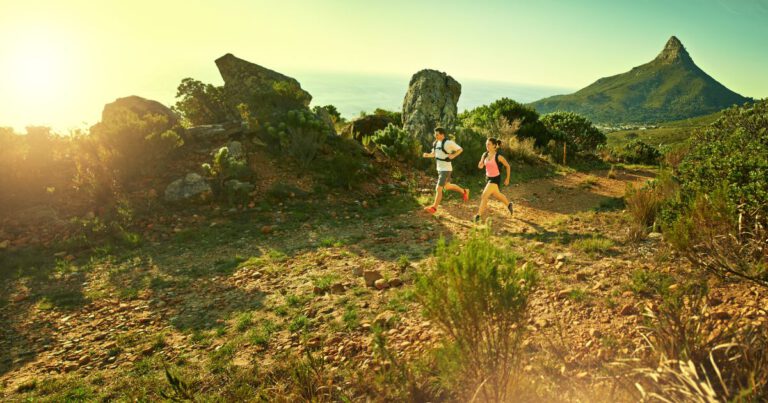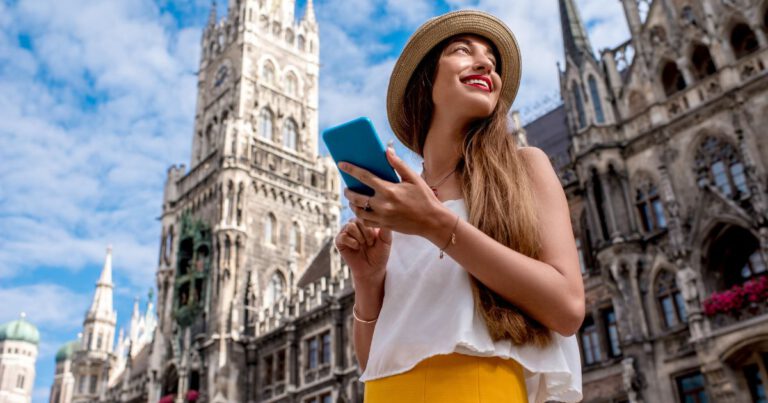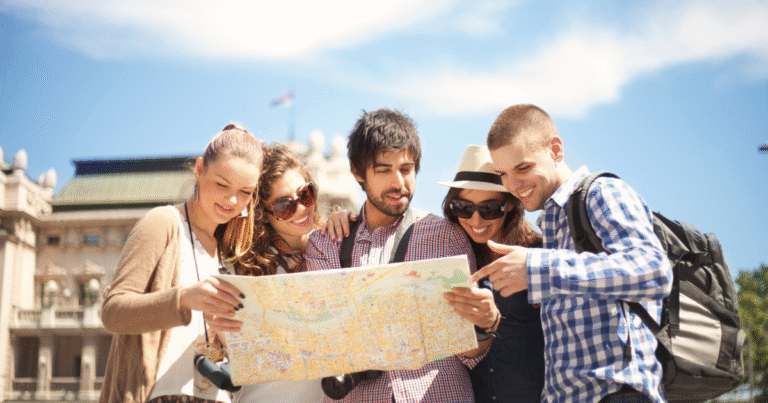What if our memories weighed on the world?
Every journey leaves its mark - on us, but also on the world. Beyond the clichés frozen on glossy paper or screens, what does it really mean to "bring back a souvenir"? This word, so sweet on the surface, sometimes hides much heavier realities. Can we capture a moment without capturing a piece of what doesn't belong to us? In an age when everything is collected, shared and consumed, it's urgent to restore memories to their rightful place: as links and living memories. What if the most beautiful of memories were immaterial, free and respectful?
Le souvenir dans l'engrenage du tourisme mondialisé
From magnets to torn coral, from intrusive selfies to mass-produced handicrafts, mass tourism has turned souvenirs into commodities. In developing countries, this "small gift" economy is taking a heavy toll on local communities and the environment. Materials are often polluting, traditions hijacked and gestures distorted. What seemed harmless then becomes a passive participation in exploitation. It's time to take a fresh look at what we bring back... and what it costs, elsewhere.
Travel with awareness, remember with respect
Travel can be an act of gratitude towards the world. By choosing not to take away, but to leave a positive trace - through an encounter, an exchange, a sincere word - we transform the memory into an ethical act. Remembering with respect also means choosing sobriety: privileging the experience over the object, the story over the frozen memory. It means accepting that memory is woven from intimacy, not accumulation.
The beauty of the world as a sufficient memory
There's far more power in a silent sunset, a shared gaze or a rediscovered scent than in a trinket. The Earth is not an emotional supermarket. It's a living library of sensations that no photograph can contain. Learning to contemplate, to slow down, to feel: this is a way of travelling that spoils nothing, but sublimates everything. A memory can be a poem written inside you, that no one else will ever see.
And what are you leaving behind?
In every place we visit, an invisible trace remains. Did you bring respect, curiosity and kindness? Or just your hiking boots and credit card? Ask yourself: what would you like to be left behind? Remembrance isn't just an individual gesture - it's a collective memory in the making. It's through our choices that the story of a fairer tourism takes shape. What if remembering became an act of love, not appropriation?
Voyager autrement, créer d'autres mémoires
There are so many ways to bring back a trip without damaging it: write a sensitive notebook, support a committed local craftsman, grow a plant evoking a landscape you've crossed, or simply recount from the heart what you've learned. Responsible travel often begins with this very humility: taking nothing that is not offered, stealing nothing from the silence of the place. How about cultivating fertile memories that nourish the soul without harming the Earth?
For a world where memories are shared, but not owned
Rethinking memories means dreaming of a more conscious, gentler world. A world where travel is no longer a collection of trophies, but a path of inner transformation. Where we return different, not laden with goods, but lightened of certainties. Together, let's restore the nobility of memory: the nobility of a view that changes, of a heart that opens, of a future that is built on respect for living beings. And you, what memory would you like to leave the world?






